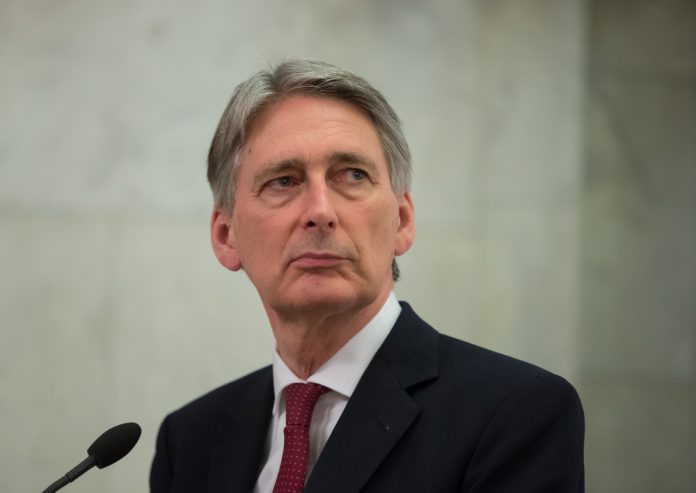Phillip Hammond has announced a new £1.9 billion national cyber security initiative, with the aim of developing the UK’s capability to respond to a “fully functioning cyber-attack”.
Speaking at Microsoft’s Future Decoded conference on Tuesday, the chancellor outlined the government’s intended response to counteracting complex cyber attacks from other nations and hackers.
Mr Hammond said:
“If we do not have the ability to respond in cyberspace to an attack that takes down our power networks, leaving us in darkness, or hits our air traffic control system, grounding our planes, we would be left with the impossible choice of turning the other cheek and ignoring the devastating consequences or resorting to a military response.”
“Kinetic attacks carry huge risk of retaliation and may breach international law, but in cyberspace those who want to harm us appear to think that they can act scalably and deniably,” he continued.
The chancellor announced the government’s intention to specifically set aside funds which will be focused upon the development of crucial infrastructure areas such as transport and energy. In addition, the plan is to include the creation of a new cyber-innovation centre in Cheltenham, where the government intelligence services GCHQ is already located.
The British government have been particularly concerned with cyber security as of late, amid growing concerns over the nations susceptibility to attacks from the Kremlin. Earlier this month, Apple watch devices and mobile phones were banned from high-level cabinet meetings as a precautionary security measure.
Such concerns were also echoed by the head of MI5 Andrew Parker in comments made to the Guardian. Mr Parker emphasised the alleged role of Russia in various espionage and cyber attack activities in the UK and listed investigating appropriate counter measures as a key priority for government intelligence services.
“It [Russia] is using its whole range of state organs and powers to push its foreign policy abroad in increasingly aggressive ways – involving propaganda, espionage, subversion and cyber-attacks,” stated Mr Parker. “Russia is at work across Europe and in the UK today. It is MI5’s job to get in the way of that.”
These activities have been strongly denied by Kremlin representatives.

